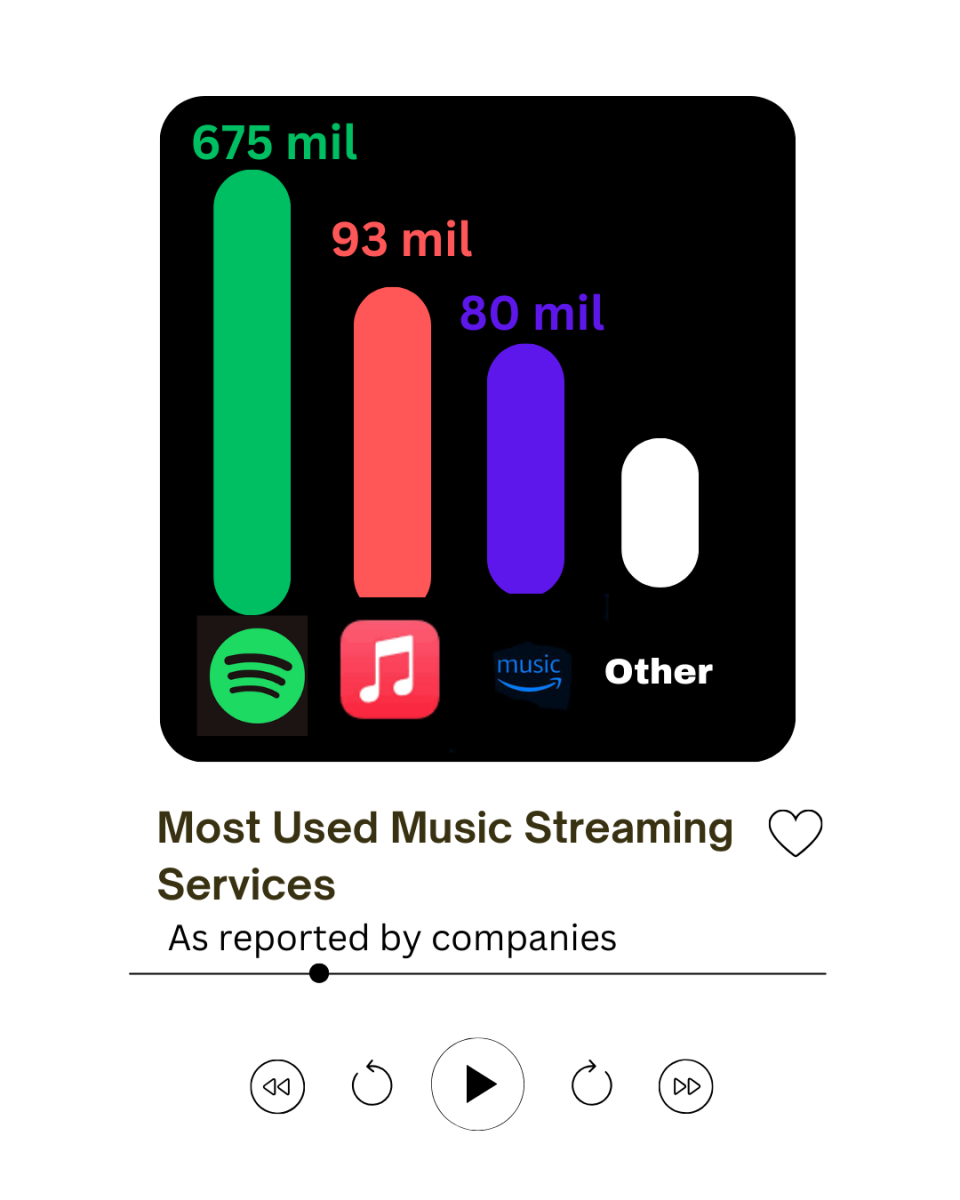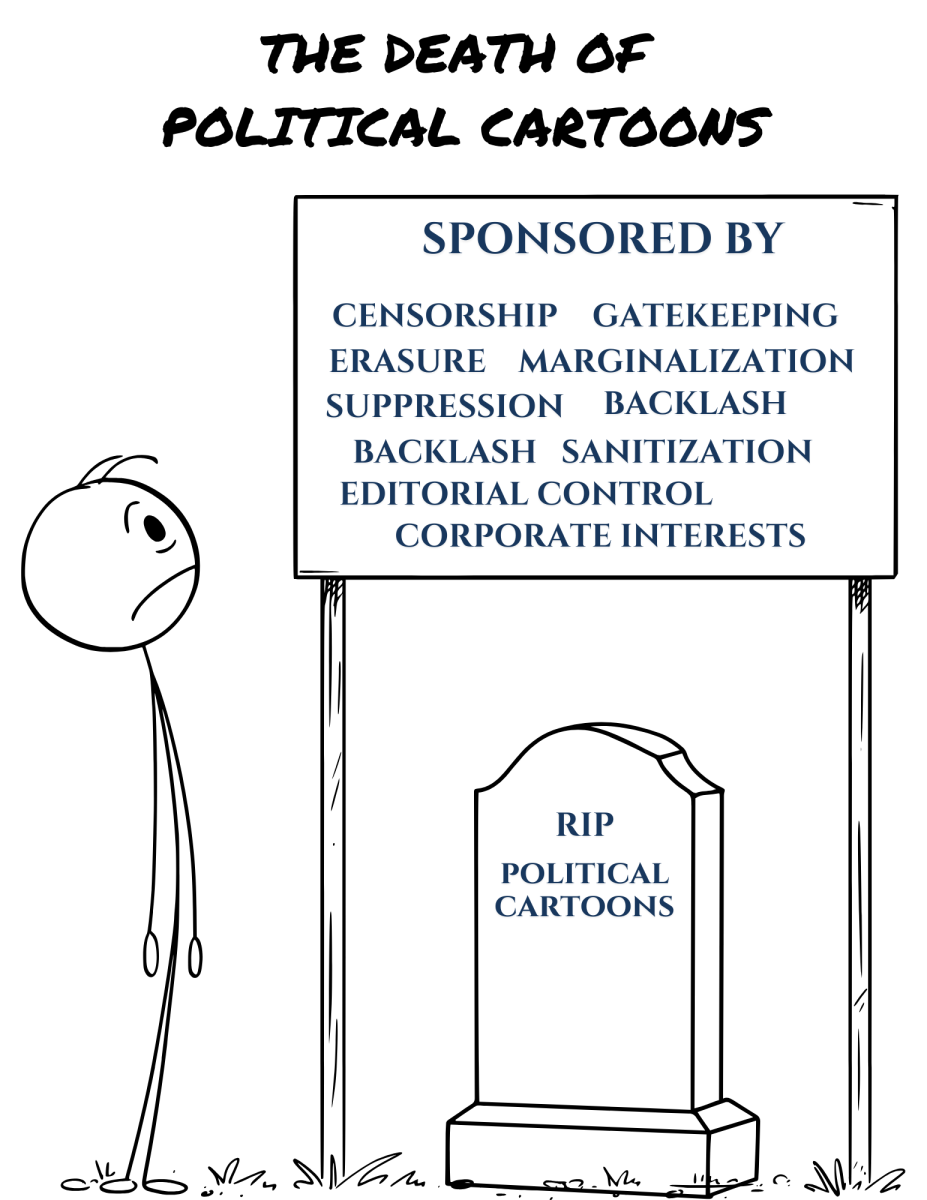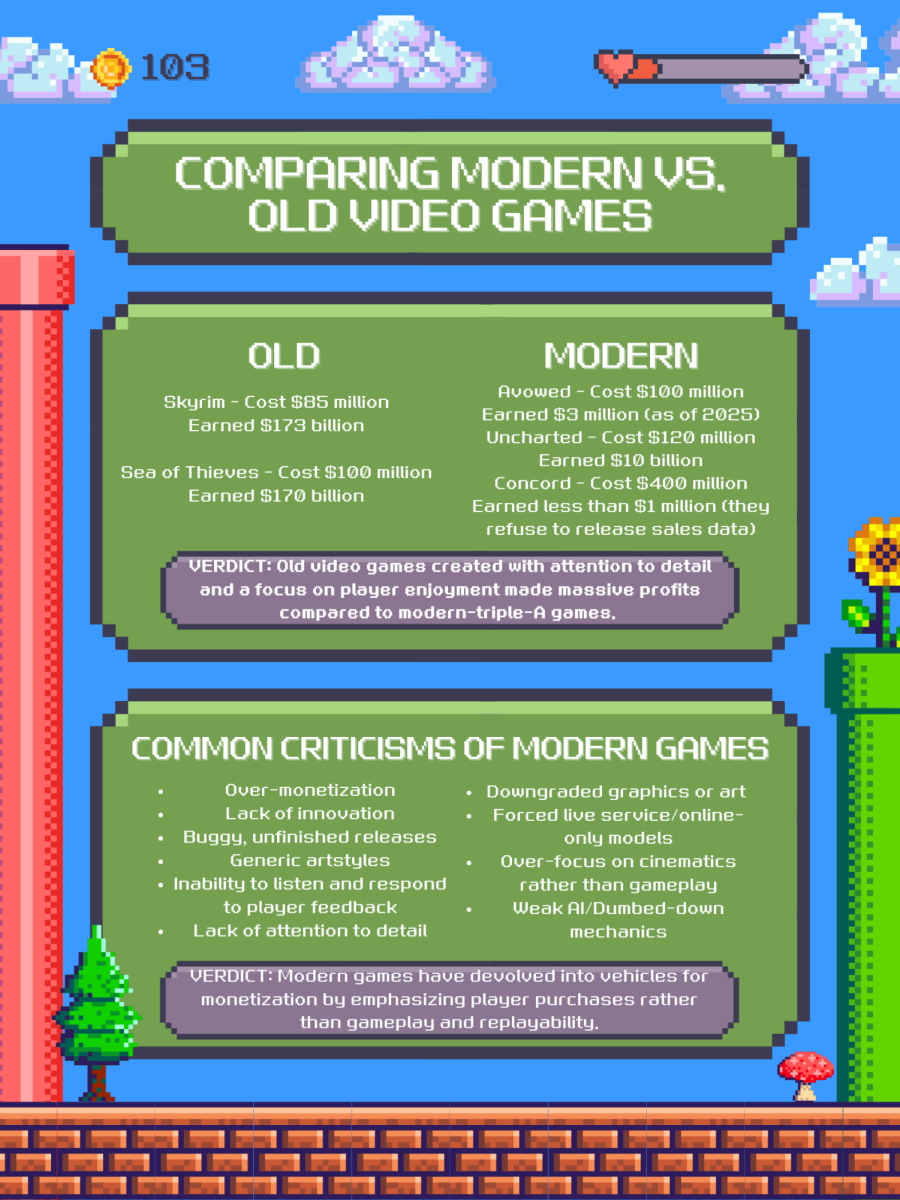Let’s face it, people are stupid. And it doesn’t take much effort to figure it out. Just go ahead and scroll down your Facebook, Twitter and Instagram news feed and you will see this stupidity, whether it be posted pictures showing the fun, illegal things people did over or the weekend, or just posted statuses written poorly enough to seem like a different language, in full bloom. But what is really to blame here? Should we blame these social media outlets for providing new opportunities for people to leak their senselessness into the world? Or should we blame the stupid people who are harnessing these different mediums through which they let their inane content spew into our innocent minds?
In all honesty, it doesn’t matter. The real issue at hand is how many of us are letting ourselves become one of those people. It just seems as the accessibility and prevalence of these digital connections goes up, the general necessity for sensible thought goes down. It just seems easier at this point to let words run through our computer screens before they run through our minds.
While there is already no way to stop this world wide tidal wave of nonsensical action, the simplest and shortest road to preventing ourselves as individuals from succumbing to the idiotic pressures of this digital social age is to just think. While this may seem complicated, and often can be in many situations, this minimal effort towards using logical judgment when deciding what part of your life you want to expose to the world is well worth it. Once you put it out there, it will always be there. And I don’t mean just until you delete or deactivate whatever file or account you are on, I mean forever. Just think about it: if people your own age think this stuff is stupid now, imagine how bad it will seem a couple decades down the road.
While this may seem like worthless fear-mongering, let’s be honest for a second: if we can barely prevent our parents from holding witness to the sea of stupidity we’re slowly filling in our computers, how can we expect to keep it from the our future colleges? Or employers? Or even our next generation, who will undoubtedly be further immersed in this technological age? The list goes on and on.
While this may all seem overly apprehensive, sometimes the best way to remedy the problems that we may underestimate now is to look to the future. Once we understand that the dignity of our future selves is more important than any number of likes we may receive now, maybe we will begin to think twice.









